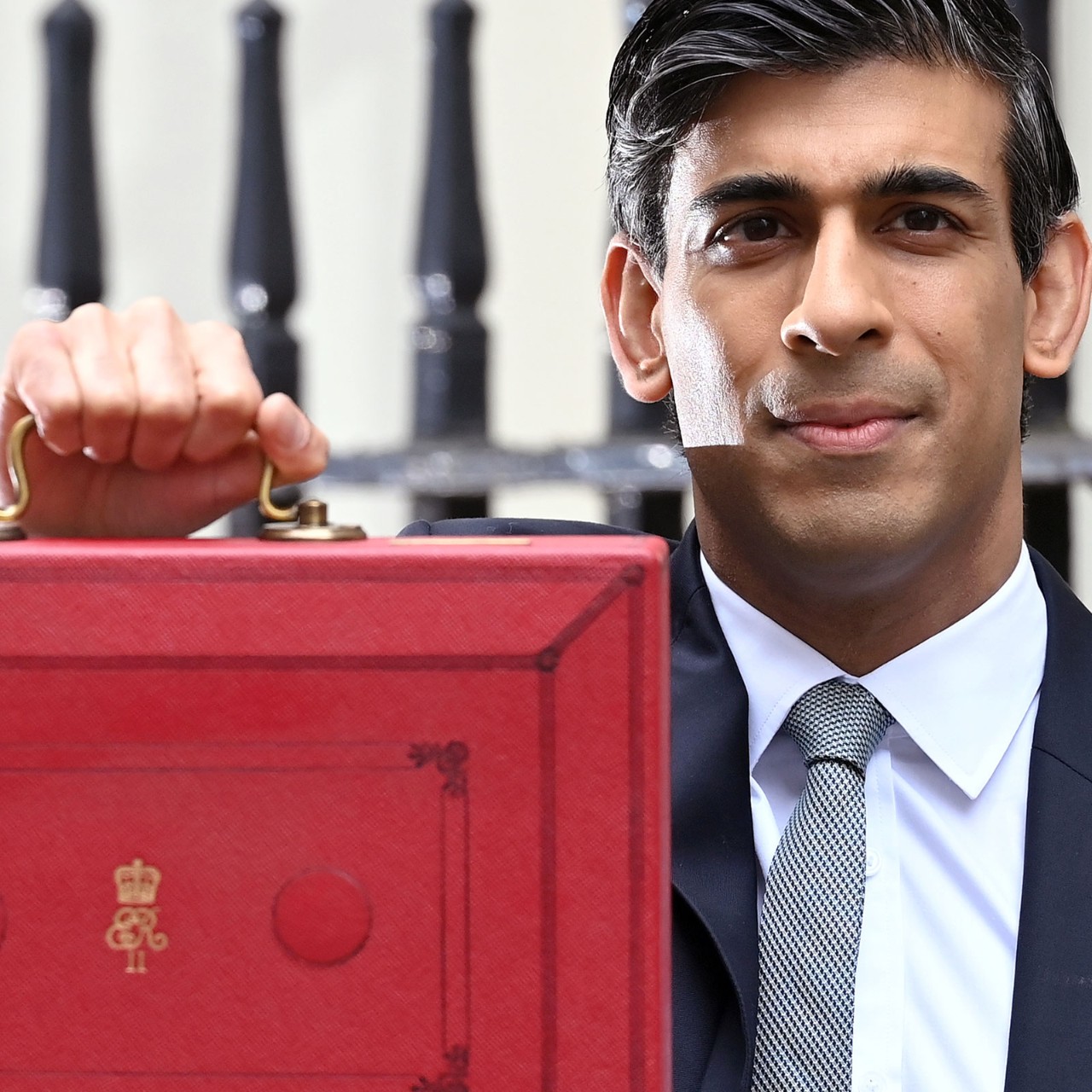
Is the super deduction capital allowance, revealed in Chancellor Rishi Sunak’s 2021 Budget, as super as he thinks it will be? Or will any benefits be cancelled out by the impending increase of corporation tax to 25%?
The measure – which will allow a company to take advantage of a 130% capital allowance on investment in new plant and machinery to set off against its profits – was hailed as the great business giveaway of the Budget, with the Chancellor describing it as ‘bold, unprecedented action to get companies investing’.
Qualifying expenditure between 1 April 2021 and 31 March 2023 will attract either 50% for fixtures and fittings or 130% deductions for plant and machinery against a company’s corporation tax bill. The relief is available for investment incurred between these dates, where the contract had been entered into after 3 March 2021.
This will mean that for every £100,000 invested in new plant and machinery, the corporation tax deduction will be £130,000, giving corporation tax relief at 19% on £130,000, which works out at £24,700.
Normally, such expenditure would either fall within a company’s annual investment allowance and produce relief of only £19,000 or, alternatively be tax-relieved at 18% of the cost per annum. Fixtures and fittings would have previously attracted 6% relief. As such, the super deduction produces enhanced and accelerated relief.
The policy could unlock £20bn a year in investment, which will help unlock the economy as well
Exit tax on the horizon?
Recent US capital gains tax (CGT) proposals are broadly similar to those recommended to the chancellor by the Office of Tax Simplification (OTS) in a report published in November 2020.
The OTS recommended that UK income tax and CGT rates should be more closely aligned, with many taking that to mean that CGT rates could be increased to 40% or 45%.
In the end, no such changes were announced in either the Budget or on Tax Day in March. However, according to RSM tax partner Chris Etherington, this may prove a stay of execution, as the chancellor waits to see how the economy performs post-lockdown.
Etherington suggests the chancellor could be sitting on his hands because he is concerned that any increase in CGT could either encourage taxpayers to hold on to their assets for longer (thus reducing CGT revenue) or even to leave the country.
This second point might sound extreme, but the IRS in the US, as well as taxing citizens no matter where they are in the world, also has the powers to have one last bite of an individual’s money pot if they choose to break all ties through an expatriation tax.
‘This is effectively an exit tax and, if it applies, broadly triggers a deemed disposal of the individual’s assets on the date they expatriate from the US,’ Etherington explains.
The OTS report picks up on this, suggesting that anti-avoidance rules might be reviewed.
‘Any UK taxpayers wary of potential CGT increases and considering an exit overseas might want to bear in mind that a break from UK tax might not be as straightforward as they think,’ Etherington says. ‘Biden’s proposals might prove inspirational to UK policymakers in more ways than one.’
Loss carry-backs
Not only that, but according to accountancy firm Hurst, businesses will also want to look at the interaction of the new capital allowances rules with another Budget headline regarding loss carry-backs.
Where a company creates a loss through using the super deductions, this loss can now be carried back against three years’ taxable profits to potentially trigger a repayment of corporation tax previously paid.
But why 130%? It would appear that the rate has been chosen to offset the impending increase of corporation tax from 19% to 25% for those companies with profits of more than £250,000. Shifting the tax rate is an increase of slightly more than 30% – hence the 130% figure.
This means that companies are being encouraged to invest now before the new 25% rate kicks in at the point when the super deduction rate ends. Or, looking at it another way, companies can take the relief now before having to give more tax later.
Knock-on effects
According to the Office for Budget Responsibility, the policy could unlock some £20bn a year in investment, an amount that will help unlock the economy as well.
'The new temporary super deduction allowance is a helpful innovation,' says Chris Sanger, EY’s head of tax policy. 'It provides tax relief today at tomorrow’s tax rates, removing some of the financial downsides for companies looking to invest now as well as creating a real cashflow benefit for some companies. This investment could have significant positive knock-on consequences for the wider UK economy.'
However, he also warns that the relief is a bit more complex than it first appears, particularly in its accounting and how it affects earnings per share.
'Different companies may stand to benefit in slightly different ways,' he notes. 'The key will be for companies to model all the moving parts – allowances, losses and tax rates – to see how the incentive can work for them.’
So, the devil in this case isn’t in the detail, but in the maths.




